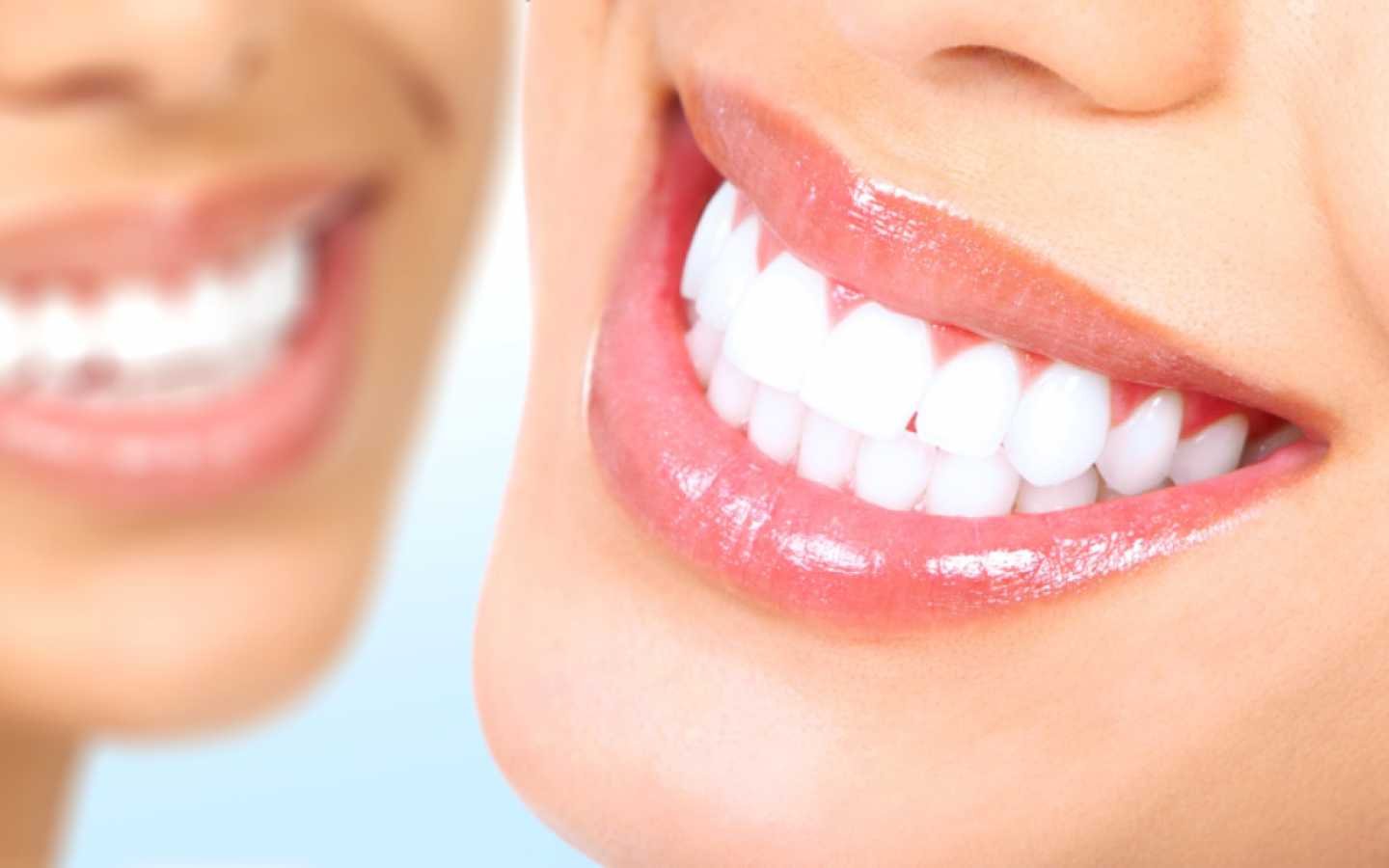1. Dental implants can last a lifetime
If properly looked after, dental implants can last a lifetime. This makes them an excellent investment. Dental implants must be cared for in the same way as normal, healthy teeth by daily brushing, flossing and attending regular check-ups. “Well maintained implants placed into adequate bone can be expected to last for many years and possibly for your lifetime.” Association of Dental Implantology, UK.
2. Teeth implants prevent bone loss
Natural teeth are embedded in the jawbone, which is stimulated by chewing and biting. When you lose teeth, the jawbone no longer receives the necessary stimulation and begins to shrink (resorb). This can eventually result in wrinkled lips and a sunken mouth and face. Dental implants are the only tooth replacement option that preserves and stimulates bone growth – therefore maintaining your facial profile.
3. Implants do not damage or alter adjacent teeth
Healthy adjacent teeth are not affected by dental implant treatment. Other alternatives, such as a fixed bridge, often require the shaving down of teeth on one or both sides of the gap, in order to anchor the bridge. That means damaging healthy teeth to restore those that are missing. Dental implants are placed in the spot where you lost your original tooth, without impacting on healthy teeth. They also prevent adjacent teeth from moving or drifting into the space left by the missing tooth.
4. Tooth implants are made from titanium which is biocompatible
There are three parts to a tooth implant - the titanium post which is placed in the jaw, the abutment (the connector) and the replacement tooth (the crown). The section replacing the tooth root is a small titanium screw. Titanium is a light-weight metal, accepted by the human body and which fuses (osseointegrates) well with the jawbone. It is the metal of choice for artificial joints and many medical procedures.
5. Toothless people can have dental implants
In the past, the loss of all teeth inevitably meant wearing full dentures, which over time can become loose and uncomfortable. Toothless (edentulous) patients can now choose from a range of implant treatment to secure their replacement teeth. For example, a conventional denture can be held in place by at least two dental implants (implant-retained denture). An entire arch (the whole upper set or the whole lower set of teeth) can be replaced using an implant-supported, permanently fixed, full arch bridge. It is held secure by four, six or eight tooth implants. You may be suitable for ‘Same Day Teeth’, a fixed replacement for dentures, providing an immediate solution within 24 hours or less.
REQUEST MORE INFORMATION ABOUT DENTAL IMPLANTS
Please contact us if you would like to book a dental implant consultation. We will be happy to give you more information so you can decide if dental implants are right for you.
This article was originally published on click4teeth, the national patient website for implant dentistry of which Dr Greg Theodorou is a member.























